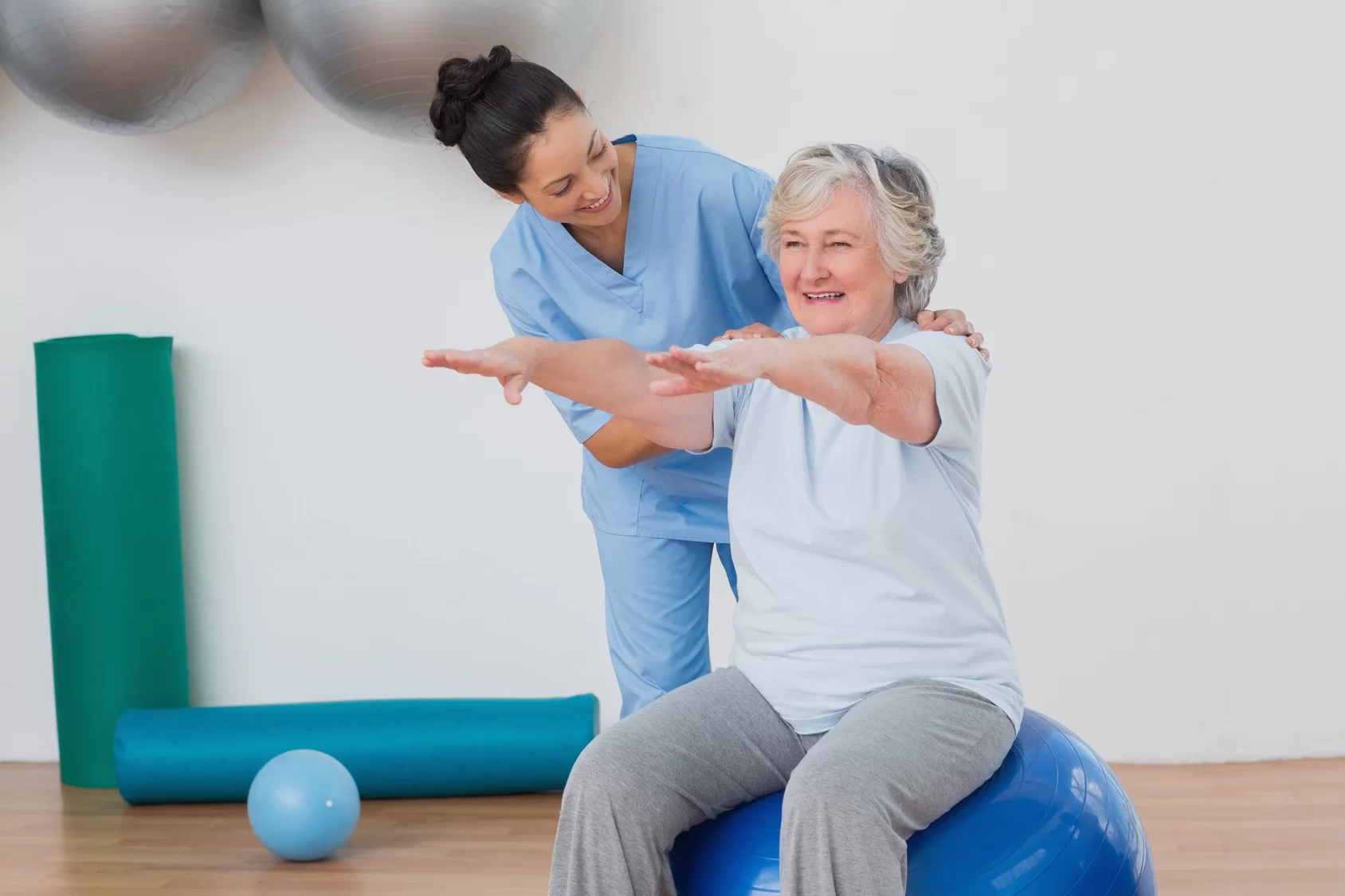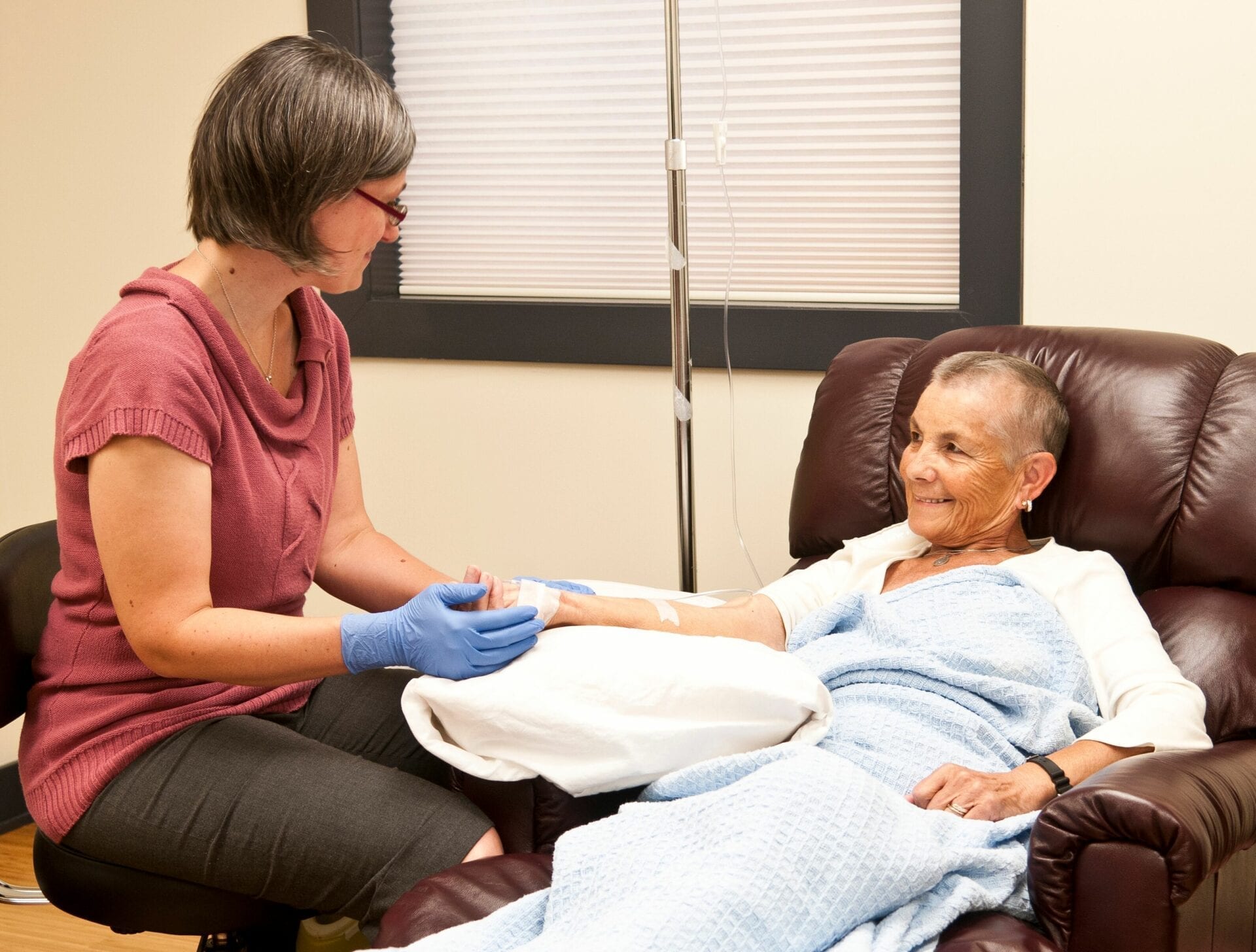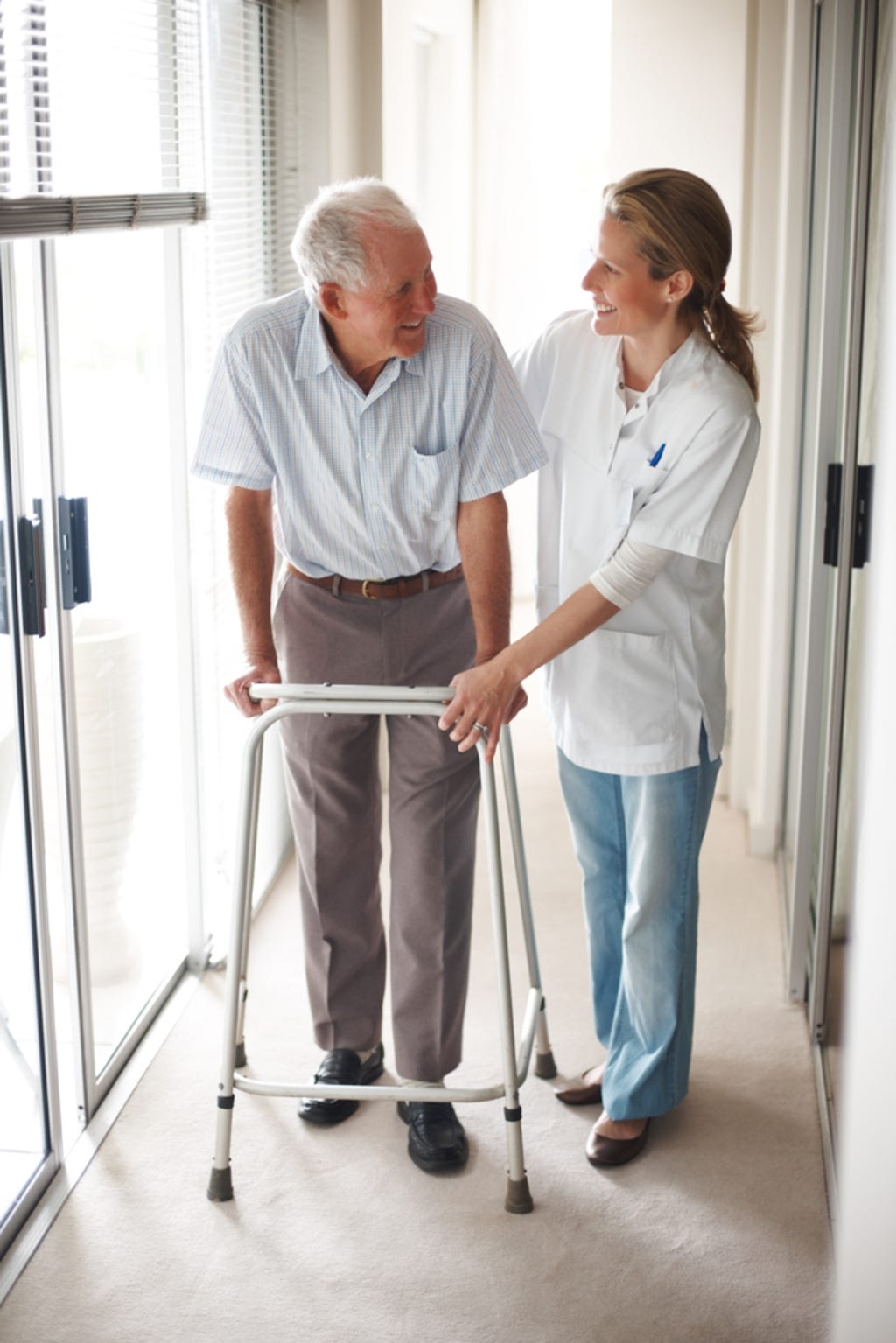- Home
- Our Services
CANCERS WE TREAT
TREATMENT OPTIONS
- About Us
About North Houston
Cancer ClinicsNorth Houston Cancer Clinics is a leading cancer center specializing in treating various types of cancers and blood disorders.Meet our specialized cancer care team
Choosing excellence, transforming cancer care together
Quality Oncology Practice Initiative (QOPI) Certification Program
Discover Our Healing Spaces: Virtual Office TourFirst day visit at North Houston Cancer Clinics
Real Stories, Inspiring Journeys, Patient Testimonies
- New patient
Becoming a patient at North Houston Clinics
Embark on your journey to health with us. Seamless, compassionate care awaits as you become a patient at North Houston Clinics.
Effortless Registration, Portal to Wellness JourneyYour Health, Your Time, Your AppointmentFrequently Asked Questions For New Patients - Blogs
- Contact Us
- Home
- Our Services
CANCERS WE TREAT
TREATMENT OPTIONS
- About Us
About North Houston
Cancer ClinicsNorth Houston Cancer Clinics is a leading cancer center specializing in treating various types of cancers and blood disorders.Meet our specialized cancer care team
Choosing excellence, transforming cancer care together
Quality Oncology Practice Initiative (QOPI) Certification Program
Discover Our Healing Spaces: Virtual Office TourFirst day visit at North Houston Cancer Clinics
Real Stories, Inspiring Journeys, Patient Testimonies
- New patient
Becoming a patient at North Houston Clinics
Embark on your journey to health with us. Seamless, compassionate care awaits as you become a patient at North Houston Clinics.
Effortless Registration, Portal to Wellness JourneyYour Health, Your Time, Your AppointmentFrequently Asked Questions For New Patients - Blogs
- Contact Us
Pain Management in Oncology
We at North Houston Cancer Clinics recognize the devastating effect pain has on people living with cancer. To manage pain, our facility provides an inclusive approach that brings together several types and techniques according to patient needs.
Personalized Pain Relief Options
- Multiple Methods
- Comfort Orientation
- Comprehensive Care
- Ongoing Monitoring and Adaptation


How Pain Management Supports Cancer Treatment
- Improving Treatment Tolerance
- Enhancing Quality of Life
- Facilitating Rehabilitation
You will find compassionate and personalized pain relief at North Houston Cancer Clinics. Feel free to contact us for an appointment or if you have any questions about our services to begin a more comfortable journey to recovery from cancer.
Comprehensive Pain Management at North Houston Cancer Clinics
Medication Management: Pharmaceutical remedies are central in managing pain associated with cancer. As such, our professionals prescribe a wide range of drugs ranging from non-steroidal medications to opioids and adjuvant analgesics.
Interventional Procedures: We offer interventional procedures including nerve blocks, epidural injections, and neurolytic blocks for some patients.
Physical Therapy and Rehabilitation: Exercises, stretches and massages can serve as physical therapy techniques to allow reduction of suffering by improving muscles’ flexibility, and motion range among other things like enhancement of general physical function.
Psychological Support and Counseling: Chronic pain may affect one’s mental health status. Our team consists of psychologists who provide support psychotherapy; and relaxation methods.


Medications for Pain Management
NSAIDs: Nonsteroidal anti–inflammatory drugs, such as ibuprofen and naproxen, are commonly used to relieve mild or moderate cancer pain by reducing inflammation and blocking pain signals.
Opioids: Strong opioids like morphine, oxycodone, and fentanyl are prescribed for moderate to severe cancer pain. These medications act on the central nervous system to block pain signals and relieve them effectively.
Adjuvant Analgesics: Certain medications originally developed for other purposes, such as antidepressants and anticonvulsants, can also help alleviate cancer-induced pains by modulating nerve signaling and potentiating the effects of other analgesics.
The Crucial Role of Pain Management in Cancer Care
At North Houston Cancer Clinics, effective management clinics are part and parcel of our three-tiered cancer treatment approaches. We pay special attention to controlling severe suffering thus integrating efficient strategies into all parts of our patient’s journey.
Enhancing Quality of Life: Whether acute or chronic, pain has a profound impact on a person’s quality of existence. Through proper relief from agony, we aim to make individuals comfortable and restore their dignity so that they can move around freely without necessarily being limited by this condition.
Improving Treatment Outcomes: If uncontrolled this kind of pain may jeopardize treatments’ effectiveness so much that some patients may even not withstand procedures like radiation chemotherapy, or surgery. The formulation for treating palliative situations should include application steps that will ensure that continuation is possible, reducing instances where it is necessary to start again in the future.
Promoting Emotional Well-being: People dealing with malignancy frequently suffer from serious emotional distress which aggravates rather than mitigates their agony. We adopt an integrated approach henceforth; offering both counseling sessions and personal development programs.

